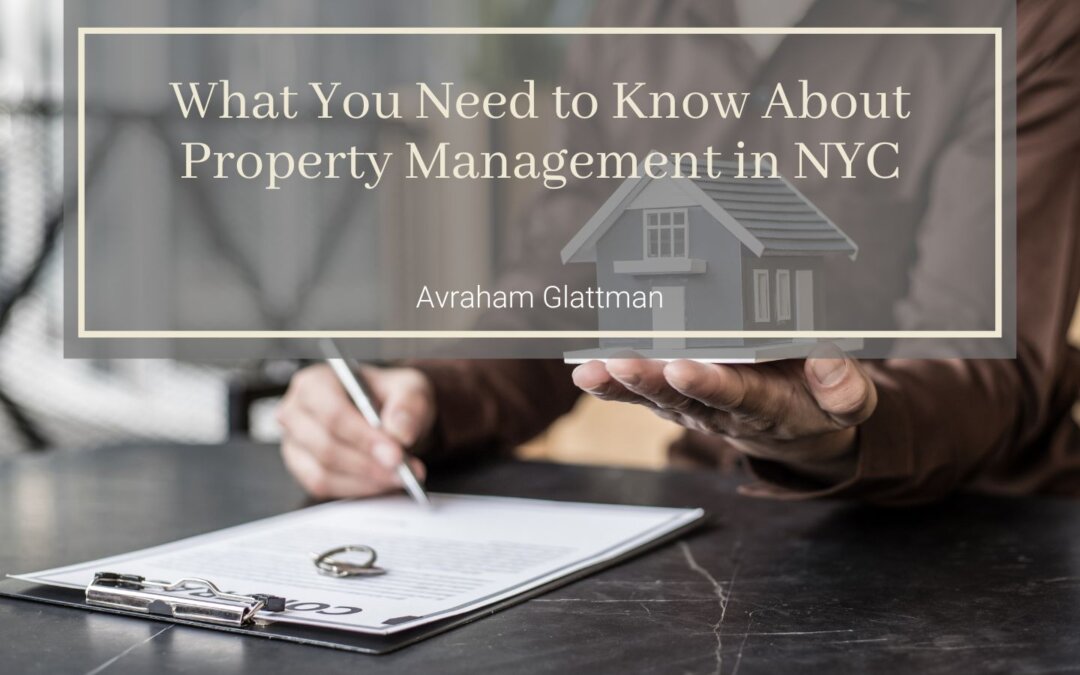With its bustling real estate market and diverse neighbourhoods, New York City offers challenges and opportunities for property owners and managers. Whether you’re a seasoned investor or a first-time landlord, understanding the intricacies of property management in the Big Apple is essential for success. Here’s what you need to know:
Regulatory Landscape: NYC has stringent rental property regulations, including rent stabilisation laws and building codes. It’s crucial to familiarise yourself with these regulations to ensure compliance and avoid costly penalties. Also, landlords must provide tenants with certain rights, such as timely repairs and proper notice for rent increases or lease terminations.
Tenant Screening: Tenant screening is a critical aspect of property management in NYC. Due to the competitive rental market, it’s essential to thoroughly vet potential tenants to mitigate the risk of non-payment, property damage, or legal issues. Conducting background checks, verifying income, and contacting previous landlords can help you identify reliable tenants who will uphold their lease obligations.
Maintenance and Repairs: Maintaining your property in NYC is a continuous endeavour. From routine maintenance tasks to promptly addressing repair requests, staying on top of property upkeep is vital for tenant satisfaction and property value. Also, landlords ensure that their properties meet safety and habitability standards, including providing adequate heat, hot water, and pest control.
Rent Collection and Lease Enforcement: Rent collection can be challenging in NYC, where tenants may face financial hardships or attempt to circumvent their lease obligations. Establishing clear rent payment policies and promptly addressing late payments is essential for maintaining cash flow and enforcing lease agreements. In case of lease violations or disputes, landlords must navigate the legal process effectively to protect their interests and uphold their rights.
Property Taxes and Financial Management: Property taxes in NYC can substantially impact your overall profitability as a landlord. Understanding how property taxes are assessed and identifying opportunities for tax deductions or discounts can help you optimise your financial management strategy. Maintaining detailed financial records and budgeting for property-related expenses is also essential for long-term economic stability.
Tenant Relations and Communication: Building positive relationships with your tenants is critical to successful property management in NYC. Clear and open communication can prevent misunderstandings and foster a cooperative living environment. Addressing tenant concerns promptly and treating them respectfully can contribute to tenant satisfaction and reduce turnover rates.
Professional Property Management Services: For landlords who lack the time or expertise to manage their properties effectively, professional property management services can be a valuable investment. These services handle various tasks, including tenant screening, rent collection, maintenance, and lease enforcement, allowing landlords to focus on other aspects of their investment portfolio or personal life.
In conclusion, navigating property management in NYC requires a combination of legal knowledge, practical skills, and effective communication. By understanding the regulatory landscape, implementing sound management practices, and prioritising tenant relations, landlords can successfully navigate the challenges and opportunities of the city’s dynamic real estate market. Whether you manage your property independently or enlist the help of professional management services, staying informed and proactive is critical to achieving success as a landlord in NYC.

